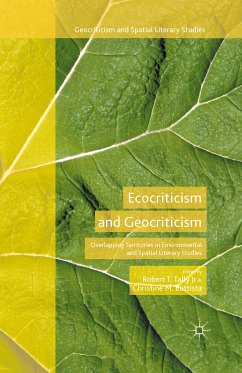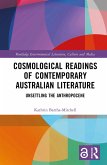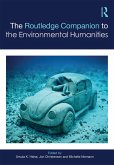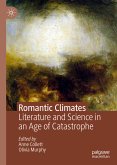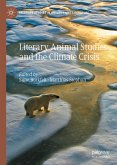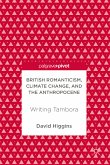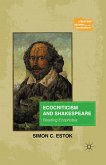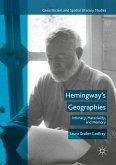Dieser Download kann aus rechtlichen Gründen nur mit Rechnungsadresse in A, B, BG, CY, CZ, D, DK, EW, E, FIN, F, GR, HR, H, IRL, I, LT, L, LR, M, NL, PL, P, R, S, SLO, SK ausgeliefert werden.
"This is a timely volume that engages with a significant and growing area of literary and cultural studies. For some time there have been two largely distinct schools - place studies and spatial theory - that explore related but rarely linked ideas. This collection is designed to help bring these two approaches together. And it does so admirably. It is a significant contribution and will help to reconcile the differing strands of place and spatial theory. I learned a lot from it and I am sure other readers will as well." - Tom Lynch, Professor of English, University of Nebraska, USA

